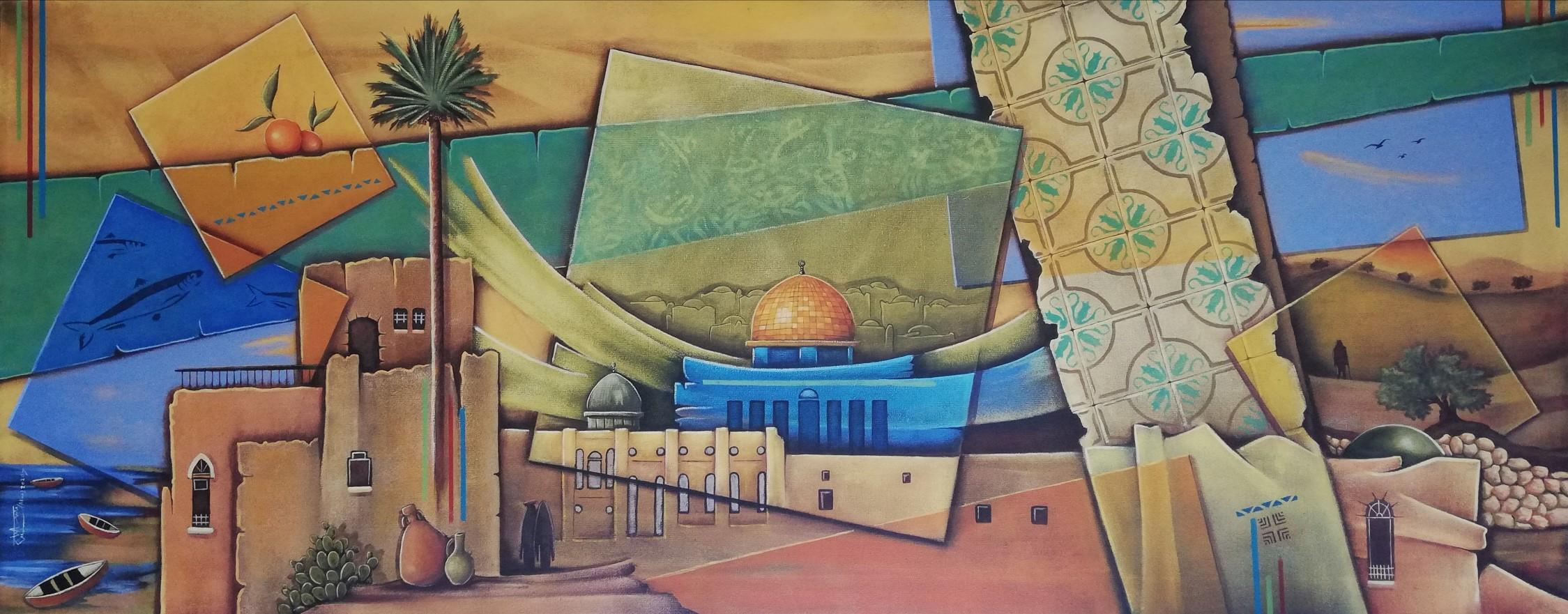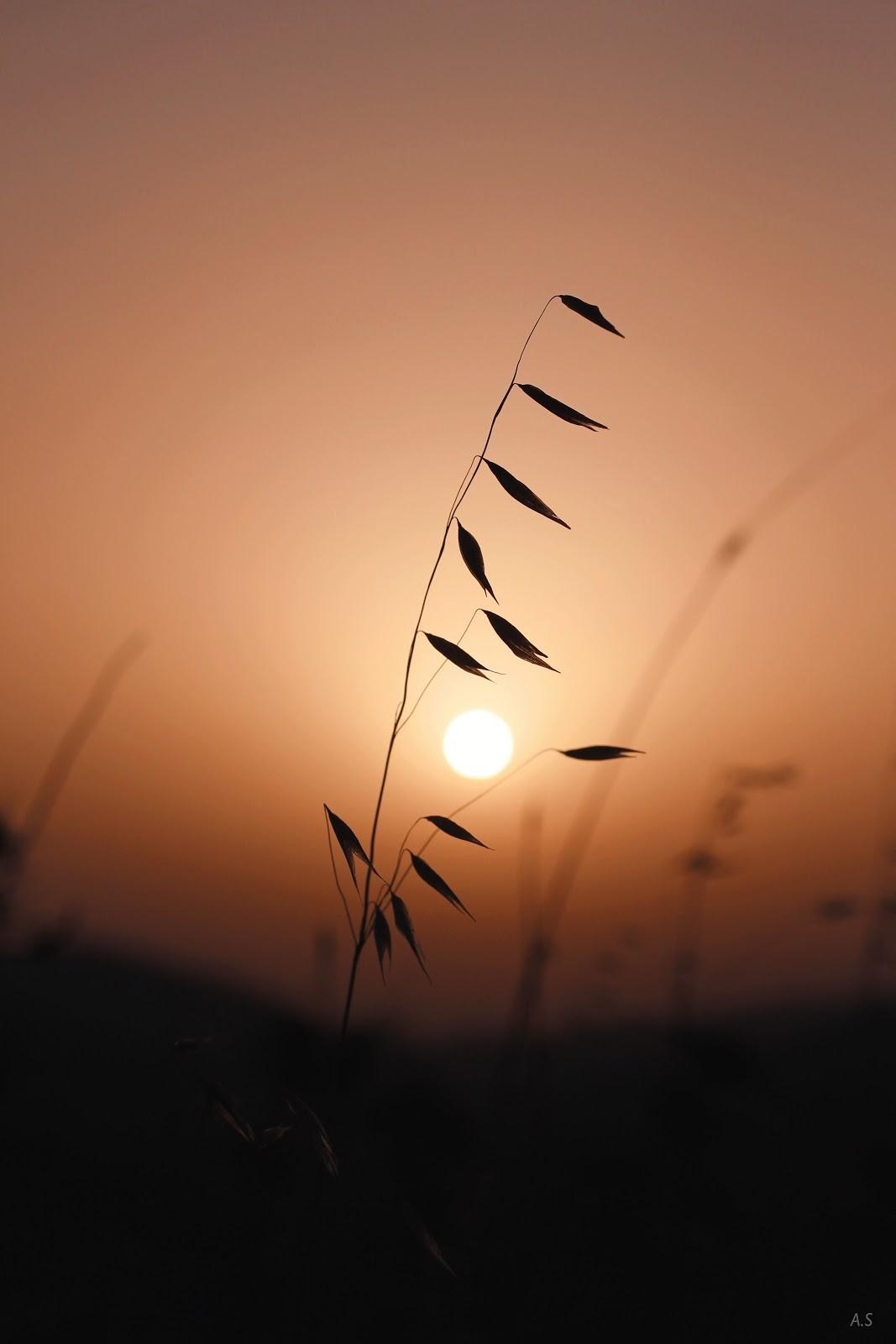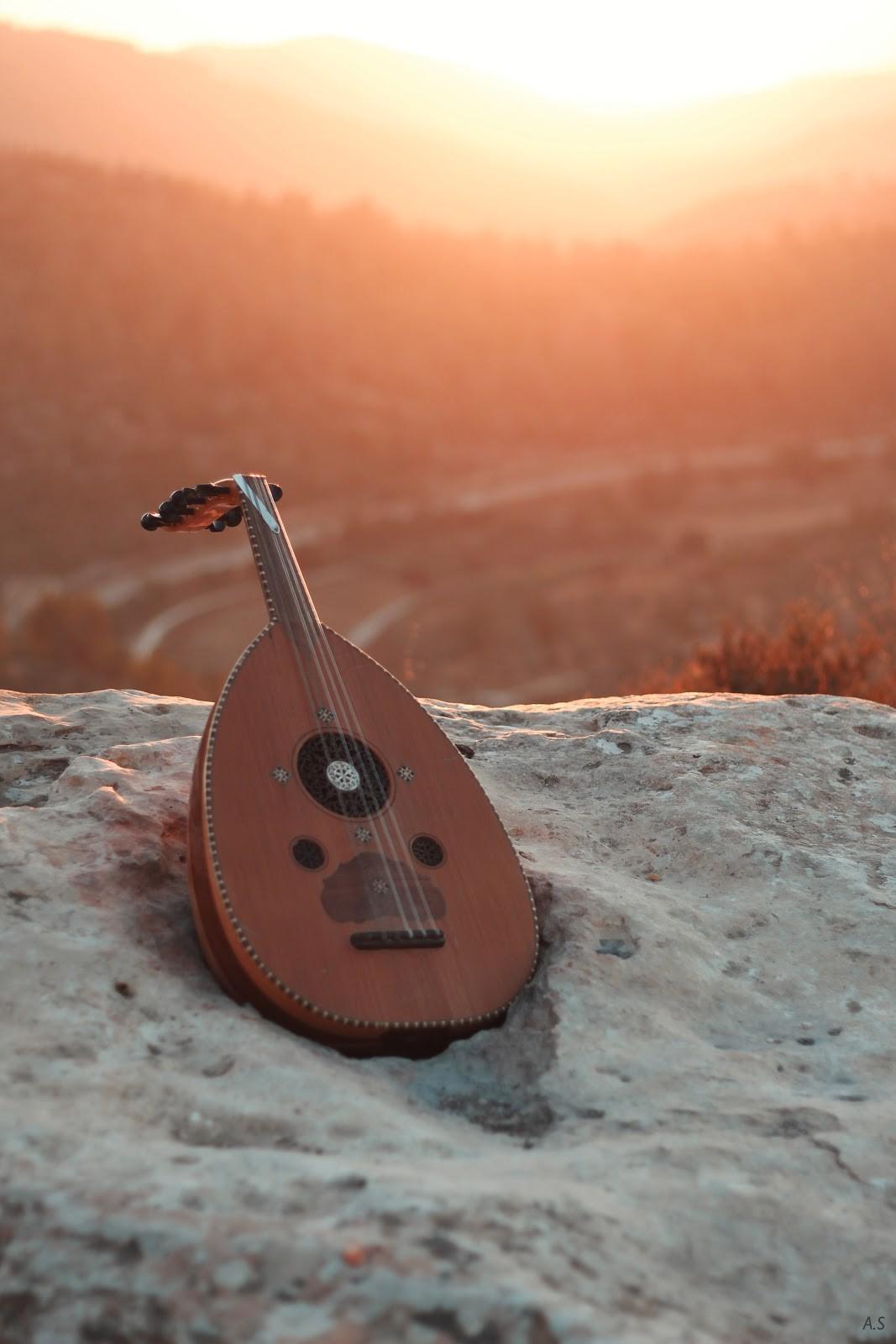
9 minute read
Why I Love Jerusalem
from Volume 4 Issue 4
by paccusa
Yousef Bashir
Jerusalem -- The city of God and the city of peace. The Canaanites fell in love with Jerusalem, as did King David, Jesus, and Muhammad. Through their pure spirits, I have been in love with Jerusalem for the last 5000 years -- I, and the rest of my people. The Palestinian people have known no other home than the city of Jerusalem and the Holy Land. Who would not love their homeland?
When I think of Jerusalem, I imagine the miraculous one-night journey that carried Muhammad (peace be upon him) from Makkah to Jerusalem. And then from Jerusalem to Heaven, where he met his fellow prophets, all eager to greet the last and final messenger to humanity.
I think of the story of Umar who liberated Jerusalem and freed it from the Byzantine rule in 637 A.D. I think of how he entered the city humbly after Patriarch Sophronius insisted that he personally come to open the city. I think of how he courteously declined an invitation to pray at the Church of the Holy Sepulchre, fearing that future Muslim generations would feel compelled to follow him and pray at the Church but deprive their fellow Christians from their place of worship. When my people witnessed such an honorable example of leadership, faith, and tolerance they welcomed Umar with open arms and joined the new religion of Islam. As did the rest of Arabia, which had recently emerged from an age of ignorance when Arabs prayed to idols made out of dates.
I think of how Umar allowed Jewish families to resettle back to Jerusalem. I think of how he made it clear he was not going to oppress or persecute anyone wishing to live and worship within the city. Jews, Christians, and Muslims would live and worship in peace and harmony in that place for hundreds of years, until the first Crusade in 1095.
God must have smiled upon me the day my mother took me with her and my grandmother to visit Jerusalem. I remember how ecstatic they were when they learned that the Israelis had approved their permit to visit Jerusalem. Suddenly, both women were jumping up and down, all around the kitchen, as if they had been transformed back into little girls excited about their first encounter with life. It made an immense impression on me. There, in my mother’s kitchen, I first witnessed the power of the city of Jerusalem.
My father drove us to the Erez checkpoint at the northern border between Gaza Strip and Israel. We had to walk through an endlessly long tunnel, then were welcomed by metal gates and gloomily tangled barbed wires. We were all searched one by one. I went through first, then watched my grandmother and mother get searched from head-to-toe by female Israeli officers. When all was done and we were clear, we boarded a mini-bus that carried Palestinian workers into Israel.
Once we got to Jerusalem, it was as though we had been transported back in time. We forgot about all that had transpired over the centuries and all the blood that had been shed. Once within the sight of the Dome of the Rock, we began our peaceful march toward its glorious presence. Our breathing slowed, our anxieties ceased, and our prayers began. All the dreadful check-points were forgotten, all the soldiers, the curfews, the destruction, the racism, the exile, and all the restrictions imposed on all Palestinians. I thought I would hear my mother and grandmother plead with God to free us from the Israelis and to make them pay for the pain they have inflicted on our people. Instead, my mother and my grandmother sobbed. They sobbed incessantly. My mother prayed that the city would be open to all, and that she would be free to come back as often as she might wish. She prayed for forgiveness, for peace, and for good works. Her prayers made a lasting impression on me.
I followed my mother down to the rock that had carried the Prophet to Heaven, suddenly awed by all my parents had been trying to teach me. I touched the rock with both hands. I watched men and women around me cry, and I cried too. I prayed, for what I do not now remember, but I knew I had to pray if I were to be worthy of another visit to the city. As we walked, my mother kept celebrating that we were treading on paths once blessed by the presence of Solomon, Jesus, and Muhammad.
I would not get to see Jerusalem again for a number of years, when I was on my way to Ramallah in 2006 to become a student at the Quaker Friends School. At the time, I still needed to be close to the Tel Hashomer Hospital in Tel-Aviv, where I had spent many months recovering after being shot in the back by one of the Israeli soldiers occupying my family home during the second Intifada. That date: February 18, 2004, one week after my fifteenth birthday. The M-16 bullet is still in my back.
Although I did not get to enter the city in 2006, I did get to satisfy my eyes with the sight of the golden and glorious dome. I looked and looked and looked, until the kind fellow giving me a ride simply could not wait on me anymore. As we drove away, I turned so I could keep looking until the golden image vanished out of sight.
I have been hoping to return to Jerusalem ever since, and that hope shall never die. My youngest two sisters, who live only about an hour away had there been no restrictions, made me promise that one day I would take them on a trip to visit the city. As someone who evaded death with God’s permission, and as someone who was once paralyzed, I believe the spirits of Jerusalem are aware of my hopes and prayers. I pray that all shall be free to visit that city, for Palestinians residing in East Jerusalem to be treated equally and with respect, and for the many children of Abraham to break the cycle of hatred and violence that has gone on for far too long. To add to my prayers, I hum to Fairuz’s song for Jerusalem:
For you, O city of prayer, I pray. For you, splendor of the dwellings, O flower of cities. O Jerusalem, O city of prayer I pray. Our eyes go to you every day. In the corridors of the temples. Embrace the ancient churches. And wipe the sadness from the mosques. Our eyes go to you every day, and I pray.
The leaders of my time have not yet found a way to free the city from segregation, fear, distrust, and loathing.
However, Jerusalem will continue to inspire us to choose love over hatred, forgiveness over revenge, hope over despair, and faith over doubt. It will continue to inspire us to love and to forgive, despite the fog of vengeance that looms over its blessed blue sky. Every day, for the rest of my life, I will walk the earth humbled by the privilege of having descended from the Holy Land, and inspired by my father’s unending commitment to peace in that land.
I love Jerusalem because it continues to remind me that, despite the evils of the West and the East, there will always be women and men conspiring to make peace, and from doing so they will neither rest nor cease. People like my grandmother, mother, father, sisters, and brothers. Jews, Christians, and Muslims are the children of Abraham and that is where I belong. My duty is to do all I can to bring them together because of my commitment to Jerusalem, the Holy Land, and the Palestinian people. Jerusalem teaches me that we are all one people, all believe in the same God. Jerusalem reminds me of that fact incessantly. And that is why I love Jerusalem.
Artwork by Mohammed Alhaj IG: mohammed.alhaj.000
Battir Aya Saleh
Battir, my original homeland, will always hold my heart and my fondest memories. When I’m in Battir, my favorite pastime is listening to the strums of the oud, played so beautifully by my family. Just the thought of the oud leaves me feeling nostalgic for good times. The oud always reminds me of my village because the only time I listen to it being played is when I’m there. When my family and I would visit over the summers, we would often gather in a group, sing old folk songs, dance dabke and play instruments like the oud or tabla. We would usually gather at my uncle’s home or on the mountains nearby.

The fondest memory that I have is from the summer of 2015, right before my Khalto and Khalo passed away. Most of my family gathered at my Amo’s house outside on the balcony. We sang songs, took turns with the tabla and oud, and danced dabka until we were too tired, well past midnight. Tea cups were passed around and refilled several times. Plates of fruits and nuts emptied out as well. That night felt special because it had been a long while since my mom and all of her siblings were gathered together in one place. I remember looking at all of
Photo by Aya Saleh

the smiling and laughing faces of my family around me; I was happy to be with all of them at that moment, and I’ll cherish that time for years to come.
If you asked me what my favorite place in the world is, I would answer with Khribet. It is the place to be when you’re in Battir. You can go any time of the day, have picnics or hike in the area, because it’s basically a mountain. You can pick olives or figs from the branches of nearby trees. Into the evening, you can watch the sunset that spans the horizon between the mountains. You can scream out your name and hear it echo, the wind carrying your voice over the hills and right back to you. One of my favorite things to do there was to build a small campfire; my uncle would play the oud and we would sing along to the melody. Finally, we would lie down on the rocks and count the shooting stars passing over us in the vast night sky. I feel grateful and blessed to have so many beautiful memories of home to cherish. I look forward to the next time I can go back and make more lovely memories to hold onto.

